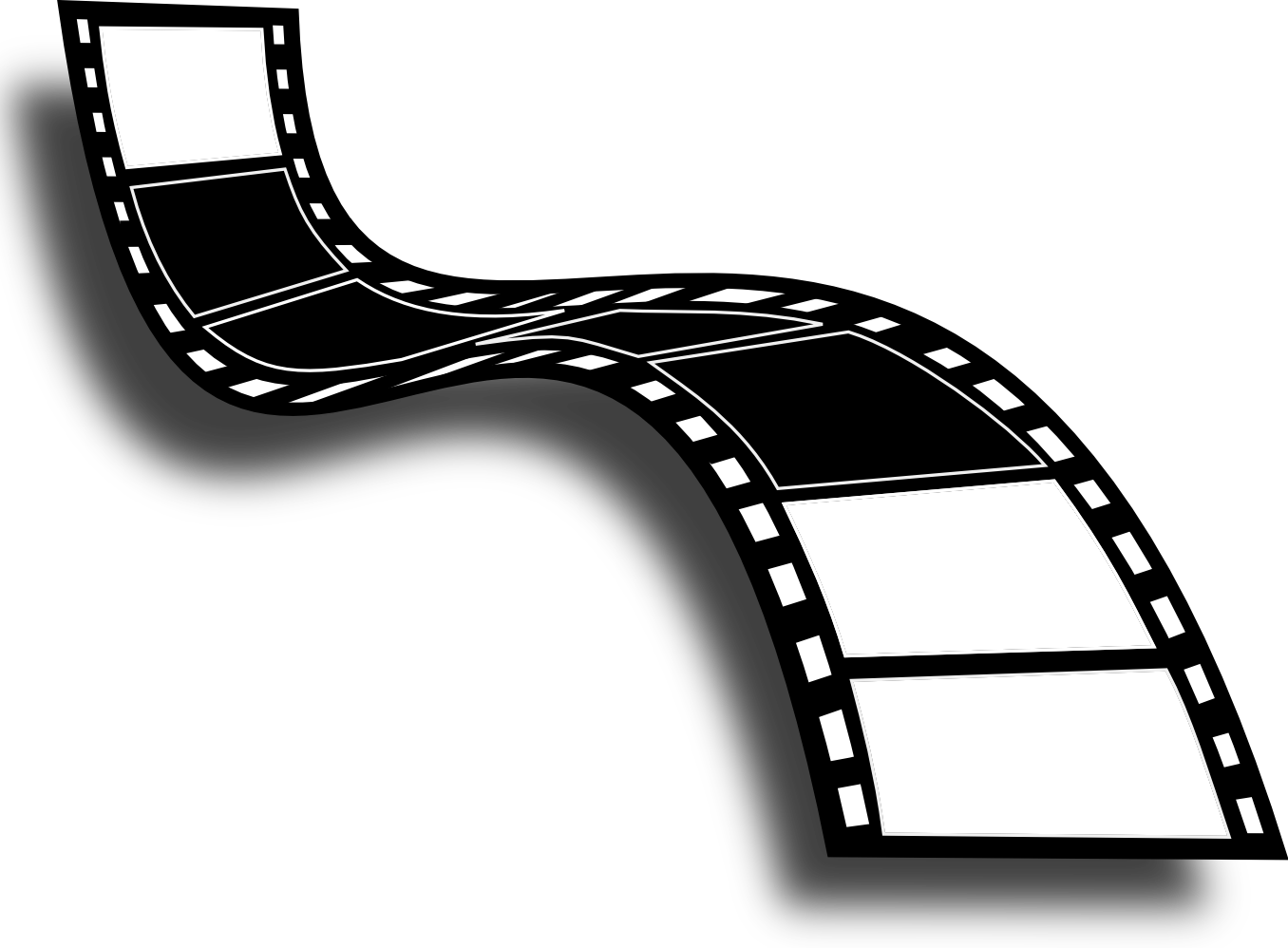‘Beanpole’ (Kantemir Balagov)
This tragic, painful, dazzlingly directed drama takes place in the Soviet Union right after the Second World War. Balagov is a heartbreaker, and a major talent. (Watch on streaming platforms.)
Garrett Bradley’s “Time” would be in my top 10, but it was a coproduction of The New York Times, so I can’t include it because it’s a conflict of interest. But you should watch it. Here are some other movies I’m grateful for: “76 Days,” “Alex Wheatle,” “Borat Subsequent Moviefilm,” “Buoyancy,” “Circumstantial Pleasures,” “Coded Bias,” “Crip Camp,” “Da 5 Bloods,” “Dick Johnson Is Dead,” “Emma,” “Fireball: Visitors From Darker Worlds,” “Harley Quinn: Birds of Prey,” “House of Hummingbird,” “I Wish I Knew,” “The Invisible Man,” “Lost Girls,” “Minari,” “Miss Juneteenth,” “Nomadland,”“The Old Guard,” “On the Record,” “On the Rocks,” “One Night in Miami,” “The Photograph,” “Tesla,” “The Traitor,” “The Wild Goose Lake,” “Sorry We Missed You,” “Soul,” “The Truffle Hunters,” “The Truth.”
Reasons to look forward to 2021 (other than vaccines): “The Boy From Medellín,” “MLK/FBI” and “The Woman Who Ran.”
And I hope that someone picks these up for American distribution: “The Disciple,” “The Monopoly of Violence” and “Preparations to Be Together for an Unknown Period of Time.”
‘Borat Subsequent Moviefilm’ (Jason Woliner)
Would I call this the best movie of 2020, from the standpoint of cinematic art? Look, I don’t know. It’s been a weird year. But I would insist that this sequel to a cringey, pranky, 14-year-old classic is undeniably the most 2020 movie of all time. This is partly because Sacha Baron Cohen and his collaborators — including Maria Bakalova, the phenomenal Bulgarian actress who plays Borat’s daughter, Tutar — worked through the first months of the pandemic and the start of the presidential campaign, giving their antics a present-tense flavor that went beyond mere relevance.
But this new Borat adventure also captured the feeling of its moment with dismaying accuracy. Once again, Cohen’s friendly, idiotic alter ego arrived on our shores from Kazakhstan to show Americans as we really are. Which is appallingly bigoted, ignorant and paranoid, but also disarmingly polite and kind to strangers. There is something touching about the part of the movie in which Borat quarantines with a pair of QAnon believers who later help him find Tutar at an anti-mask MAGA rally. And a welcome dose of noncomedic humanity arrives in the person of Jeanise Jones, who patiently tries to free Tutar’s mind from its patriarchal prison.
Not that “Borat Subsequent Moviefilm” offers much in the way of comfort. When satire and documentary converge, it’s a sign that both have reached a dead end. The truth won’t necessarily set you free. Laughter might not be any medicine at all. There is admirable rigor both in the ways Cohen constructs his gags and in his understanding of their limits. The movie is extremely funny, but it won’t cheer you up. Reality, in any case, went beyond even Cohen’s scabrous imagination. He and Bakalova might have contrived to embarrass President Trump’s personal lawyer, Rudolph W. Giuliani, in a New York hotel room, but Cohen can only envy whatever comic deity organized that postelection press event in a Philadelphia parking lot, next door to a sex shop and across the street from a crematory. Not even Borat would go there.
I Watched Until My Eyes Bled
The point of a top 10 list is to share our preferred movies. But in thinking about my favorites of the year and all the many new and old titles I’ve seen, I also thought a lot about how I watched movies and, well, just watched. A big-screen fundamentalist, I love going out to the movies, to first- and second-run cinemas as well as to art houses, museums and cinémathèques. I know which theater and studio in Los Angeles (where I live) has the biggest screen, the best sound, sightlines and seats — me, I like to sit in the middle of the theater, perfectly centered.
When movie theaters closed in Los Angeles in March, I cried. (They’re still closed.) The tears of critics are tiny, but moviegoing is who I am. I grew up in New York in the 1970s watching as many films as I could, including on TV. But going to the movies was one of my first adventures in sovereignty, one of the first ways that I experienced navigating ordinary life without parental supervision. Moviegoing was my thing, a way of seeing and of being. Up until March, it was also instrumental to how I understand time, its shape, texture and demands: moviegoing dictated what I did day and night, including the many hours I clocked driving to and from screenings.



























